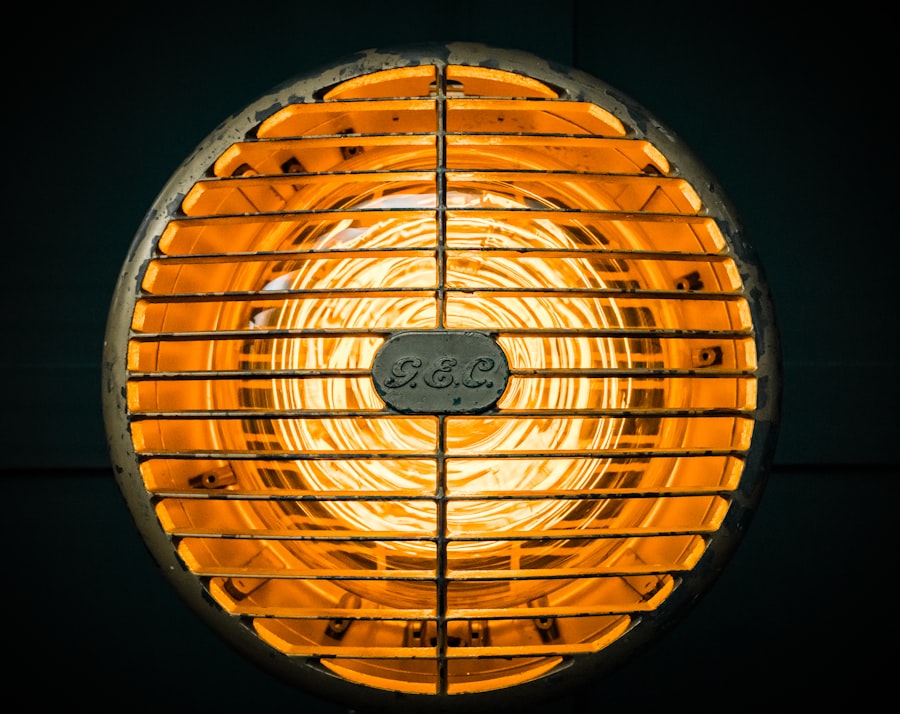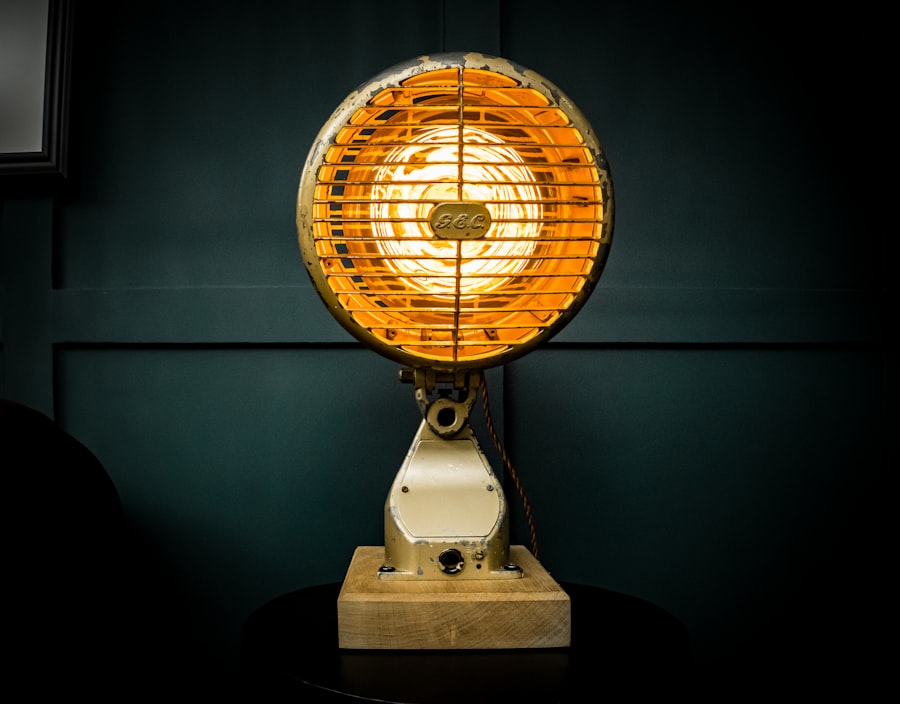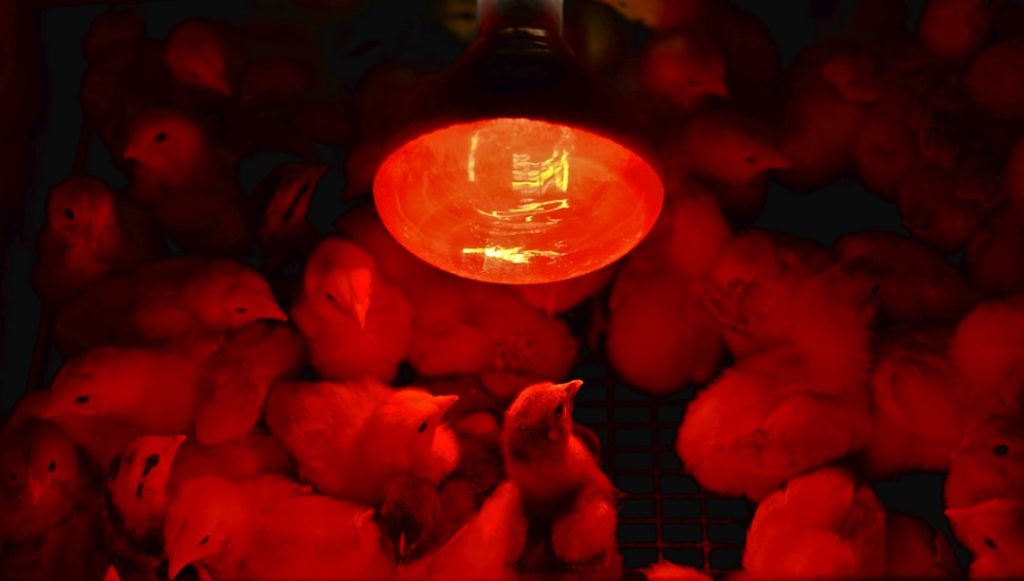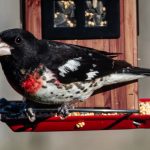Winter care for chickens requires understanding their specific needs during cold weather. Although chickens are generally hardy, they can be affected by low temperatures. Providing a warm, dry environment is essential, as chickens are susceptible to drafts and dampness, which can cause health issues like frostbite and respiratory problems.
Fresh water and a balanced diet are crucial for maintaining body temperature and energy levels. Adequate space for movement and exercise is important, even in winter, to prevent obesity and other health issues. Chickens need room to roam and stretch their wings, regardless of outdoor temperatures.
Natural light is also vital for maintaining circadian rhythms and overall well-being. Due to shorter winter days, artificial lighting in the coop may be necessary to ensure sufficient light exposure. By addressing these needs, chicken owners can maintain the health and comfort of their flock throughout the winter months.
Proper care includes providing a suitable environment, appropriate nutrition, space for exercise, and adequate lighting. These measures help ensure that chickens remain healthy and content during the cold season.
Table of Contents
- 1 Providing adequate shelter for your chickens
- 2 Insulating the coop to retain heat
- 3 Supplementing with heat sources
- 4 Ensuring access to fresh water
- 5 Adjusting feeding to support warmth
- 6 Monitoring and adjusting as needed
- 7 FAQs
- 7.1 What are the best ways to keep chickens warm in winter?
- 7.2 How can I insulate my chicken coop for winter?
- 7.3 Is it safe to use heat lamps or heated pads for chickens in winter?
- 7.4 What temperature is too cold for chickens in winter?
- 7.5 How can I ensure good ventilation in the chicken coop during winter?
Key Takeaways
- Chickens need extra care in winter due to their susceptibility to cold temperatures
- Providing adequate shelter means ensuring the coop is draft-free and well-ventilated
- Insulating the coop with materials like straw or foam can help retain heat
- Supplementing with heat sources like heat lamps or heated perches can provide additional warmth
- Ensuring access to fresh water means regularly checking for freezing and providing heated waterers if needed
- Adjusting feeding to support warmth can include providing high-energy foods like corn or increasing overall food intake
- Monitoring and adjusting as needed means regularly checking on the chickens and making necessary changes to their environment
Providing adequate shelter for your chickens
The Importance of a Well-Built Coop
A well-built coop is essential for protecting your chickens from the cold weather and keeping them safe from predators. The coop should be insulated and draft-free, with proper ventilation to prevent moisture buildup. It should also be spacious enough to allow your chickens to move around comfortably and have separate areas for nesting and roosting.
Key Features of a Safe and Comfortable Coop
Additionally, the coop should be raised off the ground to prevent moisture from seeping in and to keep predators from burrowing underneath. This will ensure that your chickens stay warm, dry, and safe throughout the winter months.
Providing a Secure Outdoor Run
In addition to a well-built coop, it’s important to provide your chickens with a secure outdoor run. This will give them the opportunity to get fresh air and exercise while still being protected from the elements. The run should be covered to protect your chickens from snow and rain, and it should have a solid floor to prevent predators from digging in.
Insulating the coop to retain heat

Insulating the coop is crucial for retaining heat and keeping your chickens warm during the winter. Proper insulation will help regulate the temperature inside the coop and prevent drafts, which can be harmful to your chickens’ health. There are several ways to insulate a coop, including adding insulation material to the walls, ceiling, and floor.
Common insulation materials include foam boards, fiberglass batts, and straw bales. It’s important to seal any gaps or cracks in the coop to prevent heat from escaping and cold air from entering. Another important aspect of insulating the coop is providing adequate bedding for your chickens.
Deep litter bedding, such as straw or wood shavings, can provide additional insulation and warmth for your chickens. It’s important to regularly clean and replace the bedding to prevent moisture buildup and keep your chickens comfortable. By properly insulating the coop, you can create a cozy and warm environment for your chickens to thrive in during the winter months.
Supplementing with heat sources
In some cases, especially in extremely cold climates, it may be necessary to supplement your chicken coop with additional heat sources. This can help maintain a comfortable temperature inside the coop and prevent health issues such as frostbite. There are several options for providing heat in the coop, including heat lamps, radiant heaters, and heated pads.
It’s important to place these heat sources strategically to prevent fire hazards and ensure that your chickens have access to warmth without being at risk of burns. It’s important to monitor the temperature inside the coop regularly when using heat sources to ensure that it stays within a safe range for your chickens. Additionally, it’s crucial to have a backup power source in case of power outages, as losing heat in the coop can be dangerous for your chickens.
While supplementing with heat sources can be beneficial in extreme cold, it’s important to use them cautiously and ensure that they are installed safely to prevent any accidents or injuries.
Ensuring access to fresh water
Access to fresh water is essential for chickens year-round, but it becomes even more crucial during the winter months. Chickens need water to stay hydrated and maintain their body temperature, especially when it’s cold outside. It’s important to regularly check the water supply in the coop and ensure that it doesn’t freeze.
There are several ways to prevent water from freezing, including using heated waterers, adding insulation around the water supply, or using heated bases. It’s also important to monitor your chickens’ water intake during the winter and ensure that they are drinking enough. Dehydration can lead to health issues such as reduced egg production and increased susceptibility to illness.
By ensuring access to fresh water throughout the winter, you can help keep your chickens healthy and thriving despite the cold weather.
Adjusting feeding to support warmth

Adjusting Their Feeding
Chickens require more energy to stay warm in cold weather, so it’s important to adjust their feeding accordingly. Providing a high-quality layer feed with added protein can help support your chickens’ energy needs and maintain their body temperature.
Providing Extra Energy
Additionally, offering occasional treats such as scratch grains or mealworms can provide extra energy for your chickens during the winter. It’s also important to monitor your chickens’ food intake and adjust their feeding schedule as needed. Chickens may eat more during the winter to maintain their energy levels, so it’s important to ensure that they have access to food throughout the day.
Supporting Digestion and Overall Health
Additionally, providing access to grit can help support your chickens’ digestion and overall health during the winter months. By adjusting feeding to support warmth, you can help ensure that your chickens have the energy they need to stay healthy and comfortable in cold weather.
Monitoring and adjusting as needed
Finally, it’s important to regularly monitor your chickens’ health and behavior during the winter months and make adjustments as needed. Keep an eye out for signs of cold stress, such as lethargy, decreased egg production, or pale combs and wattles. If you notice any of these signs, it may be necessary to make changes to their environment or diet to support their well-being.
Additionally, it’s important to regularly check the coop for drafts, moisture buildup, or other issues that could affect your chickens’ comfort and health. Making regular adjustments as needed will help ensure that your chickens stay healthy and happy throughout the winter months. In conclusion, caring for chickens in the winter requires understanding their specific needs during this time and taking proactive measures to ensure their well-being.
By providing adequate shelter, insulating the coop, supplementing with heat sources, ensuring access to fresh water, adjusting feeding, and monitoring and adjusting as needed, you can help your chickens stay healthy and comfortable despite the cold weather. With proper care and attention, your chickens can thrive throughout the winter months and continue to provide you with fresh eggs and companionship year-round.
If you’re looking for ways to keep your chickens warm in the winter, you may also be interested in learning about different types of chicken coops. Poultry Wizard offers a helpful article on renting a chicken coop and another on the unique Hannah Montana chicken coop. These resources can provide valuable insight into creating a comfortable and safe environment for your feathered friends during the colder months.
FAQs
What are the best ways to keep chickens warm in winter?
Some of the best ways to keep chickens warm in winter include providing a well-insulated coop, using heat lamps or heated pads, and ensuring good ventilation while avoiding drafts.
How can I insulate my chicken coop for winter?
You can insulate your chicken coop for winter by adding extra bedding, sealing any drafts, and using insulating materials such as foam board or straw bales.
Is it safe to use heat lamps or heated pads for chickens in winter?
It can be safe to use heat lamps or heated pads for chickens in winter, but it’s important to follow safety guidelines to prevent fires and ensure the well-being of the chickens.
What temperature is too cold for chickens in winter?
Chickens can tolerate cold temperatures, but it’s generally recommended to keep the coop above freezing (32°F or 0°C) to prevent frostbite and other cold-related health issues.
How can I ensure good ventilation in the chicken coop during winter?
You can ensure good ventilation in the chicken coop during winter by providing adequate air flow without creating drafts, using adjustable vents, and keeping the coop clean to prevent moisture buildup.
Meet Walter, the feathered-friend fanatic of Florida! Nestled in the sunshine state, Walter struts through life with his feathered companions, clucking his way to happiness. With a coop that’s fancier than a five-star hotel, he’s the Don Juan of the chicken world. When he’s not teaching his hens to do the cha-cha, you’ll find him in a heated debate with his prized rooster, Sir Clucks-a-Lot. Walter’s poultry passion is no yolk; he’s the sunny-side-up guy you never knew you needed in your flock of friends!







